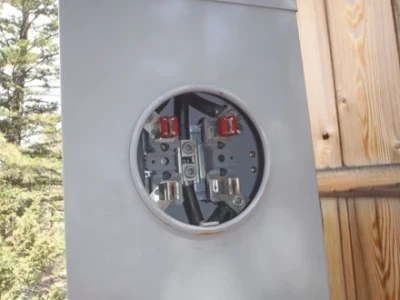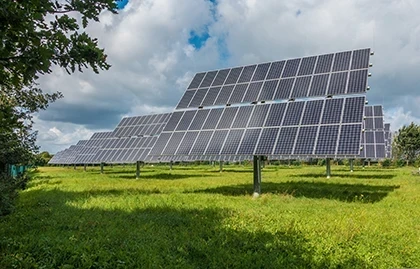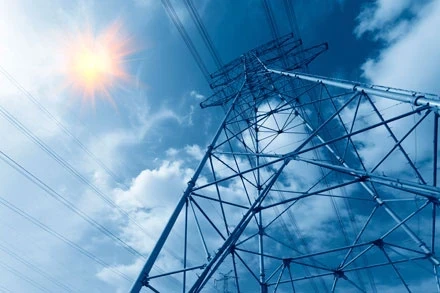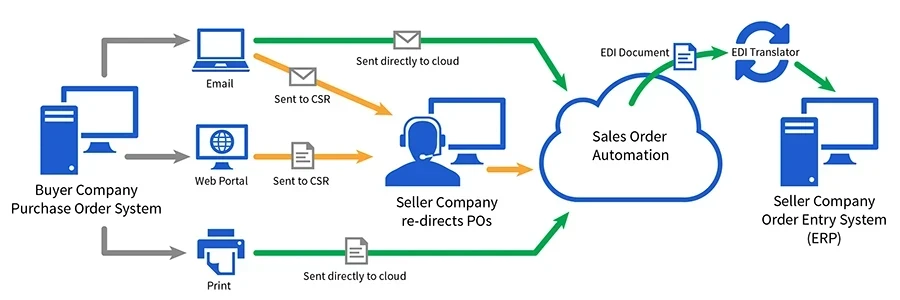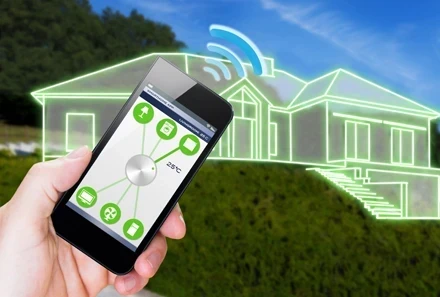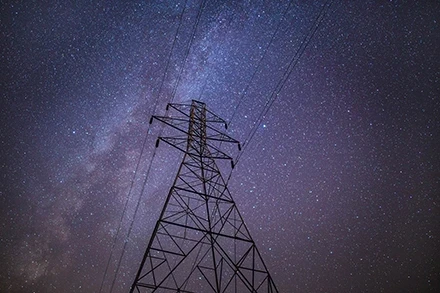Smart thermostats prove their worth, leading the way to smarter homes
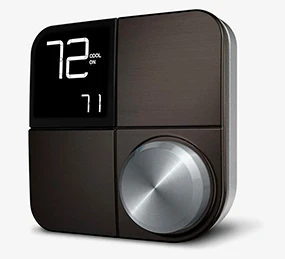
Over the past couple of years, advanced thermostats have seen a steady uptake and are reaching a higher level of market maturity.
Google’s acquisition of Nest Labs for $3.2 billion in 2014 fueled the development of this market. Other high profile companies have since followed suit to carry this momentum forward. Amazon has invested in ecobee and tado, Centrica Connected Home has eveloped its Hive Active Heating brand with its acquisition of AlertMe, and Johnson Controls has recently released a Microsoft Cortana-embedded residential thermostat in response to market demand in the residential sector. These investments by major brands show how these devices are gaining in acceptance and becoming a staple in smart homes.
Consumers are becoming increasingly aware of the potential energy savings, remote control capabilities, and comfort gains associated with advanced thermostats. More than half of the respondents in a 2016 survey said they were interested in a smart thermostat, a thermostat-based utility program, or a connected home platform in the next 5 years, according to an Accenture study of energy customers.
Simultaneously, utilities in regulated markets are using these devices in demand-side management (DSM) programs to meet demand response (DR) and energy efficiency goals while increasing customer engagement and satisfaction.
For example, in 2015 ComEd (along with gas utilities Nicor Gas, Peoples Gas, and North Shore Gas) announced an initiative to install 1 million smart thermostats in ComEd’s Chicago service territory by 2020, providing $100-$125 rebates for thermostats from Nest Labs and ecobee. ComEd’s George Malek, director of efficiency services, says smart thermostats represent the most recognisable energy efficiency measure after the light bulb, adding, we’ve already replaced a lot of light bulbs.”
Other reasons for promoting smart thermostats include boosting customer satisfaction and engagement with more personalized, innovative solutions, increasing potential savings compared to that of programmable thermostats, and reducing CO2 emissions. In addition, ComEd has been working with Nest Labs’ Rush Hour Rewards application since 2014 to offer bring your own thermostat (BYOT) DR through the Nest Learning Thermostat. The last program has grown to over 18,000 participants.

